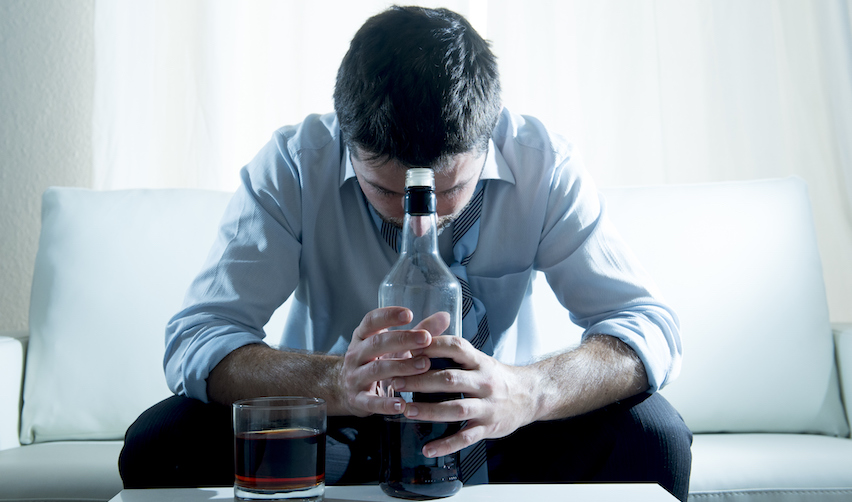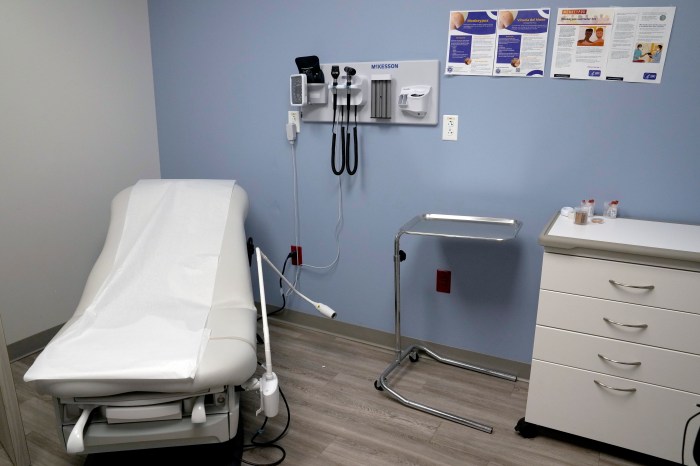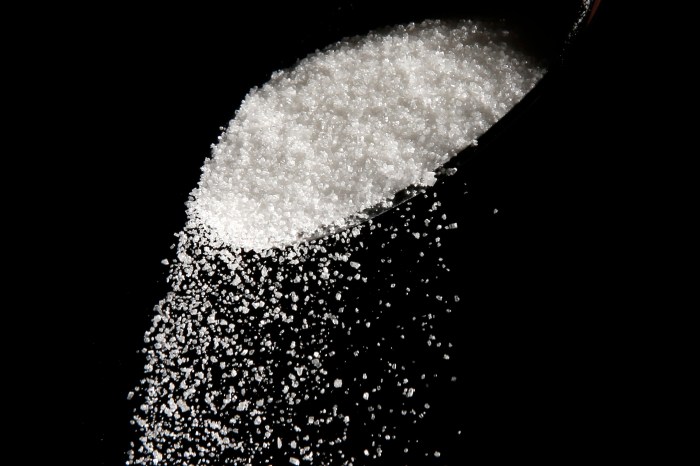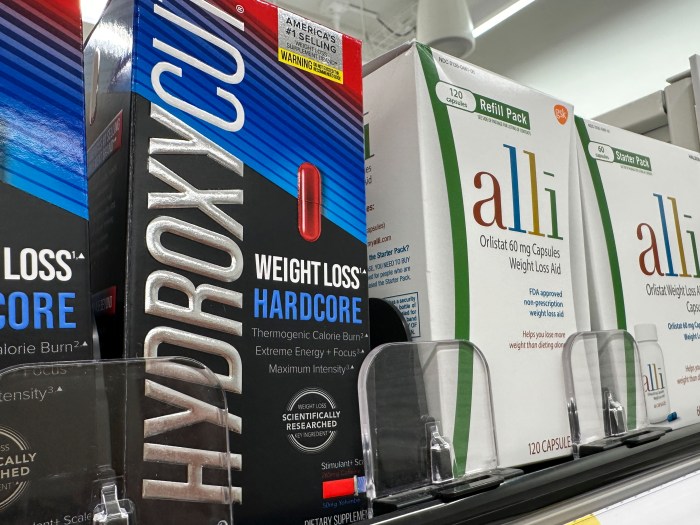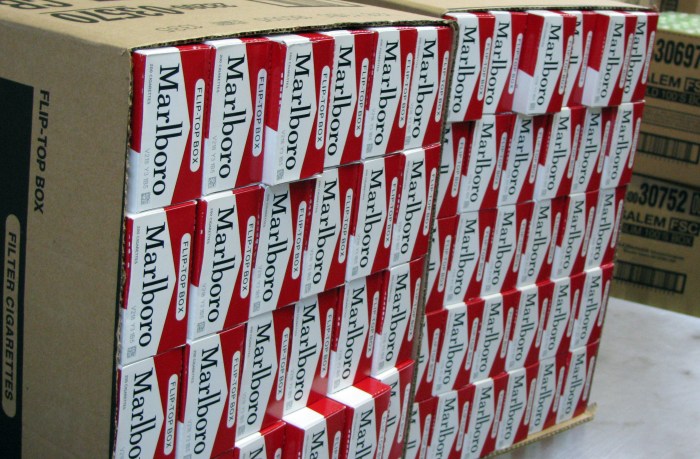We drink so much in this country that according to a new study, alcohol abuse now constitutes a “public health crisis.”
The study, published this month in JAMA Psychiatry, compares the drinking habits of more than 40,000 adults, based on interviews conducted in 2001-2002 and again in 2012-2013. A decade later, the study authors found that alcohol use had increased by 11 percent, alcohol use disorder by 49 percent, and high-risk drinking by 29.9 percent.
So how do you know if drinking has become a problem for you? We spoke with Jeremy Frank, PhD, a Philadelphia-based psychologist and certified alcohol and drug counselor, about warning signs, getting help, and his advice for conquering long-term sobriety.
How much is too much?
First, the numbers: Quantity-wise, the National Institute on Alcohol Abuse and Alcoholism defines binge drinking as around four drinks for women, five drinks for men, which usually results in a blood alcohol count of .08 g/dl. Heavy alcohol use is defined as binge drinking on five or more days a month, while low-risk drinking for women is defined as no more than three drinks in any day, no more than seven in a week; for men, no more than four in a day, or 14 in a week.
Warning signs
Beyond the actual count, there are other indicators that you might be drinking too much. “When drinking affects our relationships with friends, partners or family, our career occupation or school, it can be an indication of a problem,” explains Frank. “Or, when it cause another psychiatric or psychological problem such as anxiety, depression, stress, angry outbursts or legal problems like a DUI.”
“In general, very simply, alcoholism can be defined by drinking despite very serious consequences,” he says. And be wary if you find yourself spending too much time drinking or recovering from drinking, especially if you’re covering it up or lying about it.
If you find yourself constantly thinking about your drinking, that’s another red flag. “Social drinkers do not sit around questioning whether or not they have a drinking problem,” he points out.
The CAGE questionnaire
A good way to assess your drinking is by asking yourself these four questions, known as CAGE, commonly used as a substance abuse screening tool. Answering yes to two or more of the below indicates that alcohol could be an issue for you.
Have you ever felt you should Cut down on your drinking?
Have people Annoyed you by criticizing your drinking?
Have you ever felt bad or Guilty about your drinking?
Have you ever had a drink first thing in the morning to steady your nerves or to get rid of a hangover (Eye opener)?
Getting help
First, try cutting down, Frank advises. See if you can go two weeks or a month without drinking to “regain control” — although, he warns, if you are physiologically dependent, going cold turkey could cause dangerous withdrawal symptoms, including seizures and heart attack.
In some cases, after removing alcohol for a period of time, there are ways to moderately reintroduce it, following the NIAAA guidelines for “low-risk drinking.” Make sure you have an addiction psychologist or substance abuse counselor to advise you through next steps. He also recommends taking medications that reduce cravings, such as Vivitrol or Naltrexone and attending Alcoholics Anonymous meetings.
“You want to do the therapy that is least expensive, least drastic and least intrusive first and then ratchet it up steps if it doesn’t work until you find the right course for you,” he says. If you find you need more help, talk to your counselor about trying outpatient treatment, and if that doesn’t work, it might be time to consider inpatient.
His advice for tackling sobriety, long-term? Add meaning and purpose to your life. “You have to say no [to drinking], but then you have to listen to what’s missing,” he says. “Are you bored, lonely, stressed, anxious? Now you get to learn about yourself more and figure out what you need. Once you say no, it’s really so much more about what you say yes to.”
Visit the National Institute on Alcohol Abuse and Alcoholism for more information, resources and support.

